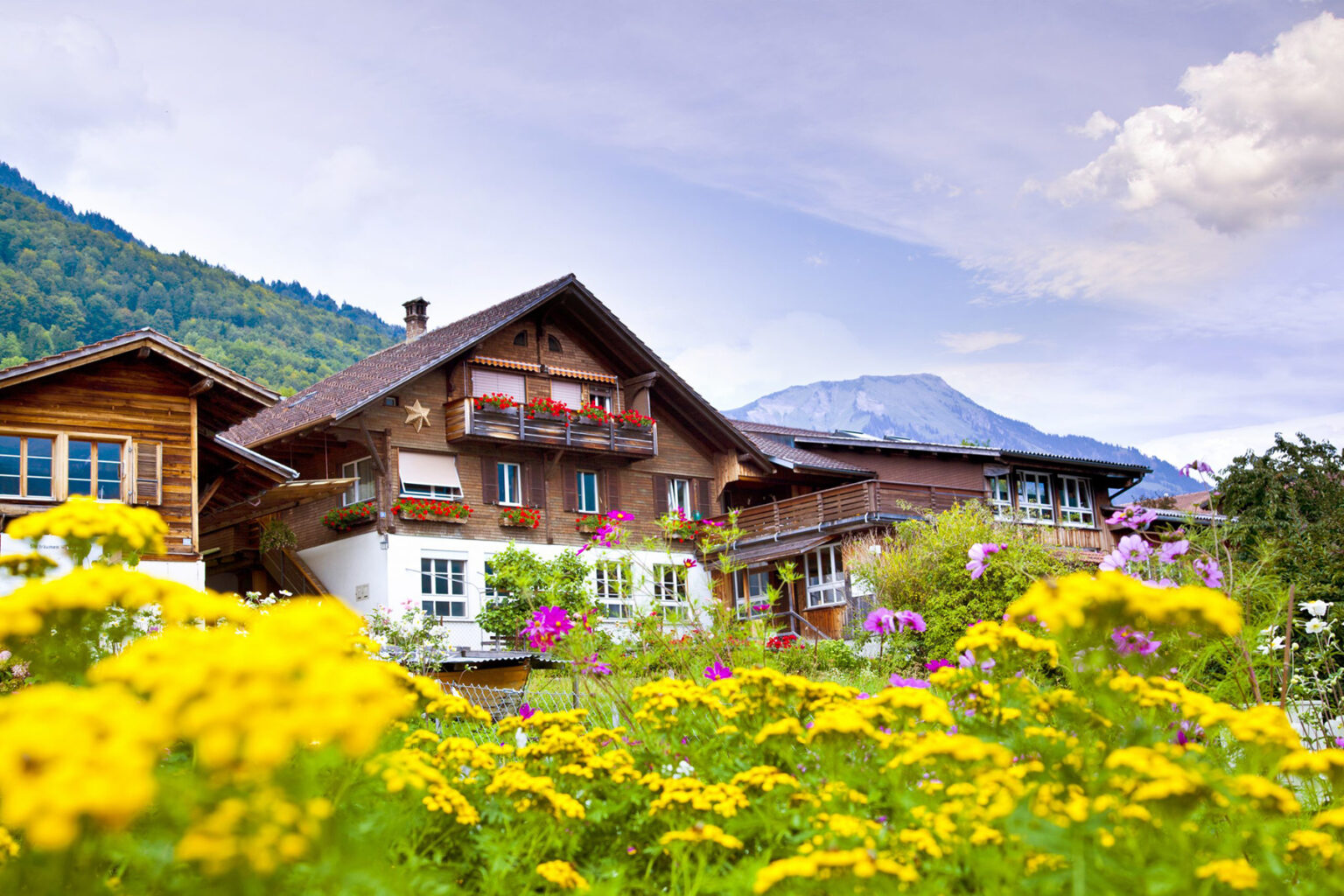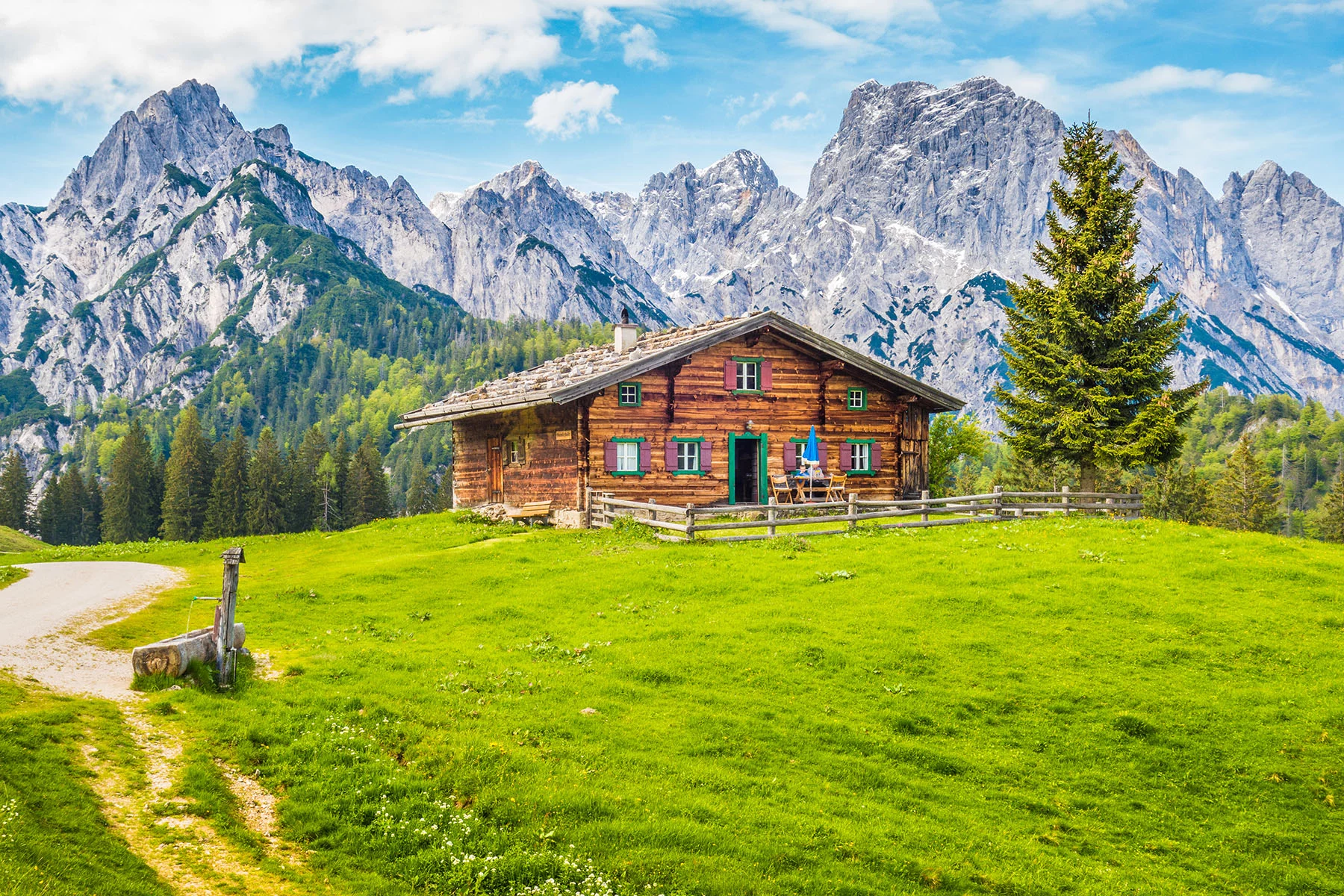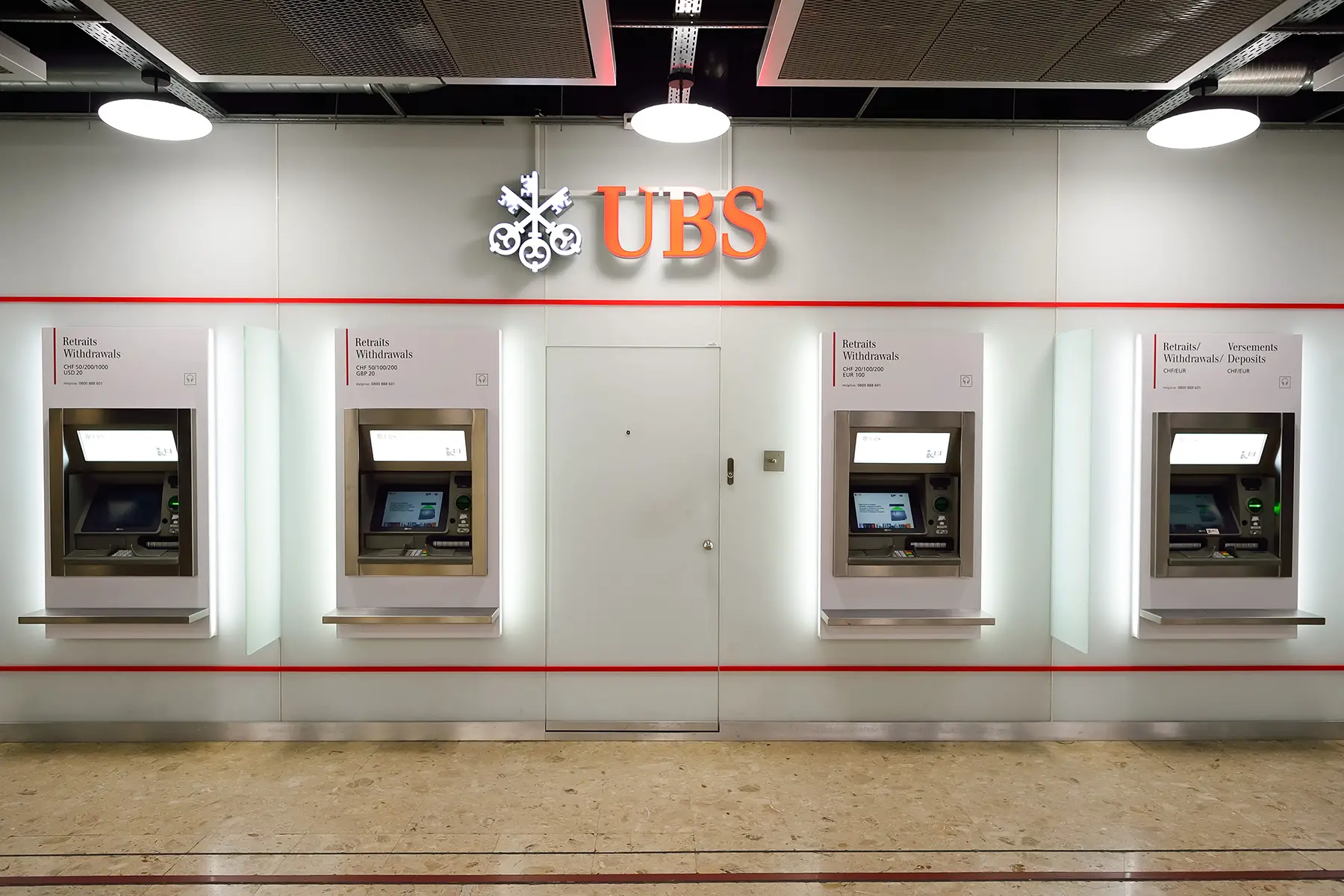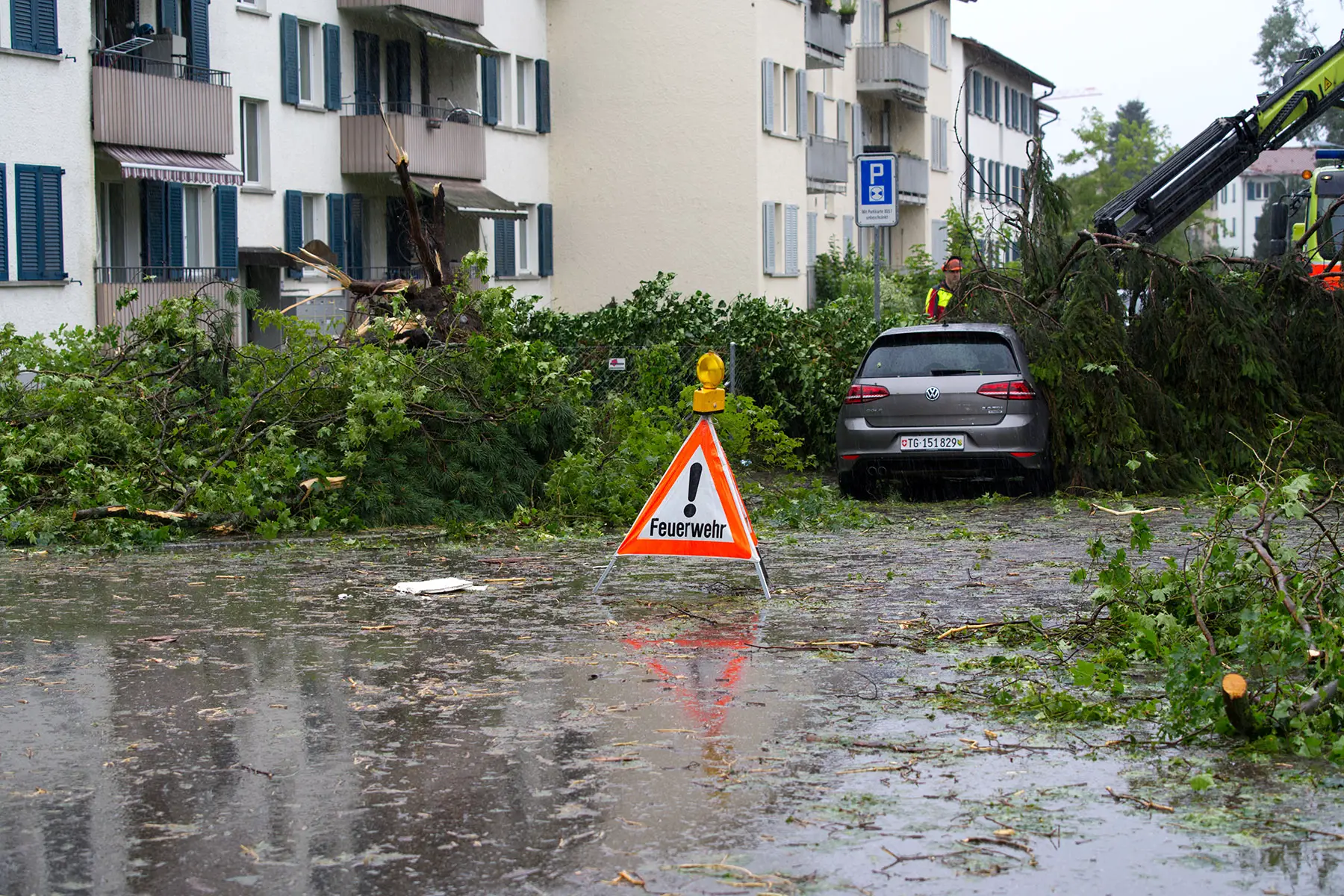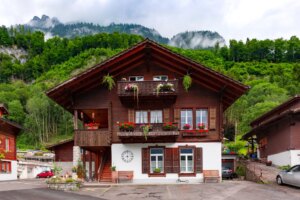If you’re thinking of buying a home in Switzerland, it’s helpful to learn about how the mortgage system works. While most aspects of arranging a Swiss mortgage are similar to elsewhere, there are a few quirks to be aware of.
To learn more about getting a mortgage in Switzerland, explore the following topics:
- Mortgages in Switzerland
- Should you buy property in Switzerland?
- Who can get a mortgage in Switzerland
- Types of Swiss mortgage
- Mortgages for other purposes
- Swiss mortgage rates
- How much can you borrow for a Swiss mortgage?
- How to apply for a mortgage in Switzerland
- Help with securing a Swiss mortgage
- Mortgage costs in Switzerland
- Taxes and tax relief on Swiss mortgages
- Property insurance in Switzerland
- Mortgage repayments in Switzerland
- Refinancing a Swiss mortgage
- Useful resources
HYPOHAUS
If you need advice on mortgages in Switzerland, look no further than HYPOHAUS. This mortgage broker and consulting company can assist you with home ownership and mortgages, working with over 50 lenders. They also have several online calculators to simplify your financing decisions. Contact HYPOHAUS to find the right mortgage for you.
Mortgages in Switzerland
Switzerland has a sizable mortgage market, with just over CHF 1 billion tied up in domestic mortgage loans in 2019.
However, the country’s strict lending rules mean that it can be hard to get a Swiss mortgage with a small deposit. Banks usually require a deposit of at least 20% which includes 10% paid in real money rather than assets.
Once you have a mortgage, however, monthly repayments are usually manageable; Swiss mortgage terms are often longer than in other countries, sometimes extending beyond 50 years.
Should you buy property in Switzerland?
The housing market in Switzerland is currently quite strong, with prices steadily rising after a slump in 2017. The market recorded a year-on-year increase of 4.4% in December 2020.
Whether or not you buy property in Switzerland will also depend on factors such as how long you intend to stay in Switzerland, with renting perhaps more sensible for the initial few months or if you might not settle in the country long-term.
Another key factor might be what region you’re moving to, as Swiss real estate prices vary greatly between cantons. Geneva, the most expensive canton, is around four times more costly than Jura, the cheapest area.
Who can get a mortgage in Switzerland
If you live in Switzerland with a residency permit B or permit C, you can apply for a mortgage and buy a property in Switzerland.
If you don’t have residency, it’s slightly more complicated. Under the Lex Koller law – which limits purchases of Swiss property by foreigners – non-residents must apply for a license to buy from their cantonal authority. There are also restrictions on secondary home purchases in some areas.

The law also states that non-resident citizens can only buy investment properties for vacation purposes, and some cantonal authorities place quotes on the number of flats and apartments that can be bought in the area.
You do not necessarily need a Swiss bank account to get a Swiss mortgage. However, you will need to provide at least 20% towards the property purchase costs and mortgage repayments must not exceed 33% of your total net income.
Getting a mortgage as a foreigner in Switzerland
Mortgages to expats in Switzerland are determined by property rights. If you have the legal right to buy and own Swiss property, you can apply for a mortgage.
European Union (EU) and European Free Trade Association (EFTA) nationals as well as non-EU residents with a C residence permit can buy property and apply for a Swiss mortgage on the same basis as Swiss citizens. Those from outside the EU/EFTA with a B permit can only buy one Swiss property to live in but they can take out a mortgage on this.
Non-residents who have the right to buy Swiss property can apply for a mortgage, however they will usually have to meet certain conditions. These vary across banks and other mortgage lenders. Conditions can include meeting financial requirements, having close personal ties to Switzerland and having suitable reasons for buying Swiss property.
You can buy property and obtain a mortgage in Switzerland as a non-resident through an investor visa if you want to start a business venture and can pay an annual lump sum tax of between CHF 150,000 and 1 million (depending on canton).
Types of Swiss mortgage
Specific product details vary between lenders. Interest-only mortgages (where you pay the interest only during the life of the mortgage loan and the capital at the end) and 100% mortgages (where no deposit is required) are rare or non-existent in Switzerland.
You can expect to find the following types of Swiss mortgage.
Fixed-rate mortgages
Fixed-rate mortgages are where the interest rate remains the same for the duration of the mortgage. You pay back a fixed regular amount over a fixed term. The advantage of this mortgage is that you are not affected by interest rate changes, which makes financial planning easier.
One of the main disadvantages is that you don’t benefit if interest rates suddenly drop. Another disadvantage is that they can end up costing more. They are typically more costly to set up and you can only fix the interest rate for a set period, after which time you may be offered less favorable terms. Fixed-rate mortgages in Switzerland can be set for certain durations, usually up to a maximum of around 15-20 years.
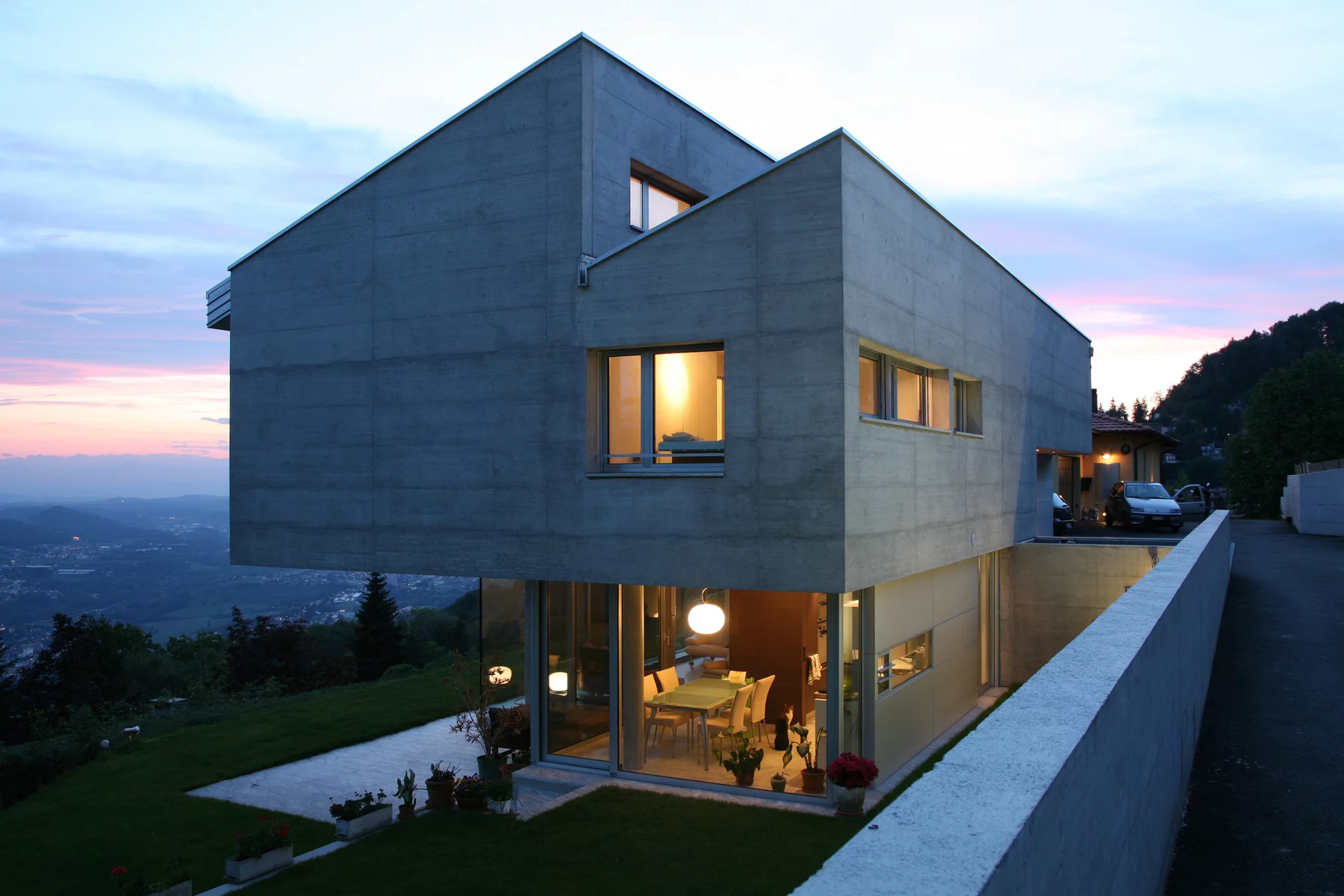
Most homeowners in Switzerland who take out a fixed-rate mortgage don’t fully pay off their mortgage debt with it. Rather, they will switch to a variable-rate mortgage or negotiate a new fixed-rate deal at the end of the initial fixed term.
Some Swiss lenders offer forward or future fixed-rate mortgages, where you can agree to the payment terms on a Swiss mortgage with a future start date.
Variable-rate mortgages
Variable-rate mortgages, by contrast, have continually adjusted interest rates. This means that your monthly payments can rise or fall depending on the interest rate.
The benefit of this mortgage is that you will usually benefit from a lower interest rate initially than you would on a fixed-rate mortgage. You also normally have the flexibility to switch to another type of mortgage later on.
However, payments can fluctuate and you could find yourself with rising monthly outgoings is the interest rate is suddenly hiked. Additionally, as these mortgages are often offered with no minimum monthly repayment amount, it can take a long time to repay your mortgage. It is not unusual for Swiss mortgages to last 30–50 years, sometimes longer.
LIBOR/SARON mortgages
Many countries offer the London Interbank Offered Rate (LIBOR) mortgage. This is similar to variable-rate mortgages, the main difference being that the interest changes at the end of agreed rollover terms rather than fluctuating with each payment.
LIBOR mortgages are typically short in duration, often lasting only up to 5 years. Rollover periods are typically three, six, or 12 months.
Swiss mortgage lenders are phasing out LIBOR mortgages and replacing them with Swiss Average Rate Overnight (SARON) mortgages by the end of 2021. These will operate very similarly to LIBOR mortgages with changing interest rates and rollover periods. The main difference is that they use the Swiss money market rather than global London-based banks.
Bridging loans
Some Swiss lenders offer bridging loans, which are short-term loans that can cover a financial gap if you want to buy a new Swiss home before you have sold your current one. These can be useful if you are struggling to sell your Swiss property or if you have exchanged contracts and are waiting for the sale to complete.
You can typically borrow up to 75% of the value of the property you are buying and will usually have to show evidence of how you will repay the loan if the sale of your old home doesn’t go through.
Offset mortgages
Some Swiss lenders also offer offset mortgages. These allow you to combine a standard mortgage with funds from another account with the same bank, for example a savings account or Swiss pension account. These funds can be used to offset interest owed on the mortgage, enabling you to pay off the mortgage more quickly.
Mortgages for other purposes
Some other types of Swiss mortgage you may find include:
- Construction loan – this is a loan you can take out if you want to cover the costs of building a home. This can then be converted into a mortgage once the initial construction costs are met.
- Commercial mortgage – many lenders offer a variety of fixed and variable rate mortgages to those looking to buy property to run their own business.
- Renovation loan – some Swiss banks offer special low interest loans that can be added to your mortgage, usually between around CHF 100,000 and CHF 250,000, if you want to finance home renovations or refurbishments.
Green mortgages
More banks and mortgage providers in Switzerland are nowadays providing lower interest green mortgages for the purchase of energy-efficient homes or to make green home renovations. Typically these interest rates will be up to around 0.8% cheaper than on a standard mortgage.

To qualify for a green mortgage, your new home or renovations must meet the energy efficiency criteria set by either Minergie or GEAK/CECB (in French, German, Italian). Your mortgage provider will be able to provide you with details of green Swiss mortgage options.
Swiss mortgage rates
If you are buying a house in Switzerland, you may initially be taken aback by how low mortgage rates are. Mortgage rates in Switzerland were historically between 4 and 5%. In recent years, they dropped to historic lows, costing as little as 1% following the lowering of the Euribor rate.
Swiss mortgage rates vary dramatically from bank to bank. Rates are heavily influenced by your personal circumstances and financial history, so it pays to shop around. Many lenders offer reduced rates for first time buyers and for green purchases and renovations.
UBS and Credit Suisse both publish guideline interest rates which can be useful for comparison with your country of origin. Current mortgage rates as of April 2021 are:
- Fixed-rate mortgage between 1% (2 years) and 1.8% (15 years)
- Variable-rate mortgage 2.8%
- SARON mortgage 1.05-1.10% (1 month period)
- Construction loan 2.6% plus 0.25% credit commission per quarter
How much can you borrow for a Swiss mortgage?
Swiss mortgage lenders will typically loan up to 80% of the value of the property. You will need to provide the remaining 20% and at least 10% of this needs to be in real money, for example, savings.
For instance, if you are buying a Swiss home for CHF 750,000 you would need to provide CHF 150,000 and CHF 75,000 would have to be in cash.
The amount you can borrow is also linked to your earnings. Your monthly payments typically cannot exceed 33% of your monthly salary. This can be a combined salary if more than one person’s name is on the mortgage.
What makes this slightly complicated is that Swiss banks often include maintenance and insurance charges when calculating how much they can lend. They also use a theoretical interest rate of around 5%, even though the real interest rate is currently much lower. This is in case there is a future hike in interest rates.
Example loan calculation
| Property value: | CHF 750,000 |
| 20% deposit: | CHF 150,000 |
| Mortgage: | CHF 600,000 |
| Interest at 5% (sample rate): | CHF 30,000 per year / CHF 2,500 per month |
| Principal repayment at 1% of loan amount per year (amount typically repaid for first 15 years of mortgage) | CHF 6,000 per year / CHF 500 per month |
| Additional costs at 1% of purchase price: | CHF 7,500 per year / CHF 625 per month |
| Total costs: | CHF 43,500 per year / CHF 3,625 per month |
If you multiply this by three, that means you’d need a minimum annual salary of CHF 130,500 or CHF 10,875 per month.
Using your pension fund to secure a Swiss mortgage
One of the main quirks of the Swiss mortgage system is that you can use funds from a pension to finance your home. While this is possible for expats, it might be difficult to accrue enough pension if you recently arrived.
To use pension funds to finance your home, you’ll have to adhere to the following rules:
- The property must be your primary residence
- It must be owned by you alone, or with a spouse or registered partner
- If you default on your mortgage, you will also lose your pension
- You must already have paid into the pension fund and accrued a sum to pledge
- This option is unlikely to be available if you aim to use a non-Swiss pension
If you’re eligible, the two methods of using a pension to fund a deposit on a property are to withdraw the funds from the pension or to pledge the fund.
Withdrawing the funds and applying them to your mortgage reduces your pension fund and your mortgage, thus reducing interest paid. Pledging the fund allows you to retain the benefits and size of your pension fund but doesn’t reduce the interest required.
Online mortgage calculators
Work out the cost of a Swiss mortgage using one of these online mortgage calculators:
How to apply for a mortgage in Switzerland
In Switzerland, home loans are typically arranged directly with the lender – which is usually a major bank – rather than through a mortgage broker or agent. You can find more information about Swiss banks in our guides to opening a Swiss bank account and Swiss banking.
Other providers of Swiss mortgages include insurance companies and independent mortgage brokers. You’ll usually have to contact the banks yourself to request information or fill out a short registration form online. You will then typically be given an appointment to discuss your mortgage before completing the paperwork.
To take out a Swiss mortgage, you will typically need to provide:
- Valid ID such as a passport
- Proof of salary
- Your most recent completed tax return
- Bank statements, usually going back 2-3 years
- Information on your Swiss pension if you are using this to fund your deposit
- Details on the property you are buying, e.g. land registration, sales documents, and insurance certificate
- Proof of credit check if requested by the lender
If you are buying a house with a spouse or partner, both parties will need to sign documents, often at the same time and usually in person.
Banks offering Swiss mortgages to expats
Most of the major Swiss banks offer mortgages to expats who can buy Swiss property. These include:
- Credit Suisse
- Raiffeisen (in German)
- UBS
Most Swiss cantons have their own cantonal bank. These only operate within the canton, will often not accept clients who are not resident in the canton, and will expect to transfer clients to another cantonal bank if they move away.
If you’re moving between cantons, it’s worth checking whether this will affect your mortgage. See our list of cantonal banks in Switzerland, plus other main Swiss banks. You can compare Swiss mortgage deals on the Moneyland website.
Help with securing a Swiss mortgage
There are no help-to-buy or mortgage assistance schemes in Switzerland to assist those who otherwise might not be able to afford to buy their own home. If you are unable to come up with the minimum 20% deposit towards property costs, you are unlikely to be offered a Swiss mortgage.
The only available support is in the form of lower interest rates and favorable repayment terms offered to help first-time buyers. However, these are not offered by all Swiss banks so it pays to shop around.
Thankfully, there are plenty of mortgage advisors in Switzerland who can assist you in the process. These include:
Mortgage costs in Switzerland
There are a few additional costs that you’ll need to budget for when buying a Swiss home. These generally equate to between 0.25% and 3.55% of the property value, depending on the canton it is in.
The added costs will usually have to be paid at the point of sale or soon after. Some banks may allow you to incorporate these costs into the mortgage repayments although this is not common.
Fees to be paid include:
- Land registration fee – around 0.15% of property costs
- Property transfer tax – known in some countries as stamp duty. Some cantons (Aargau, Glarus, Schaffhausen, Uri, Zug, and Zurich) don’t charge this and instead have a change of ownership and registration fees. Costs are between 0.2% and 3.3%, depending on the canton.
- Notary fees – around 0.1% of property costs
- Administration costs – some lenders charge for credit checks and mortgage registration fees. These can total up to around CHF 1,000
You can find out the property transfer tax rates for your area by entering the name of your canton on the Swiss government website.
Taxes and tax relief on Swiss mortgages
Property in Switzerland is treated as an asset, meaning it is subject to both wealth and income tax. The property’s representative rental value is added to your taxable income. Mortgage interest, maintenance costs, and indirect amortization in connection with your pension, however, are all income-tax deductible. For more information, read our guide to Swiss taxes.
Property insurance in Switzerland
Building premises insurance is a legal requirement in Switzerland. You will need to show evidence of this insurance before you take out a mortgage with many Swiss lenders. In fact, many of the Swiss banks sell property insurance so you may be able to sort this out at the same time as your Swiss mortgage.
Building insurance covers the immovable fixtures and fittings such as walls and floors against damage caused by fire, flooding and many natural disasters. It is separate from home contents insurance, which protects movable belongings such as furniture. Contents insurance is optional in Switzerland.
Mortgage repayments in Switzerland
Swiss mortgages are unusual in that they are usually divided into two mortgages.
The first mortgage will typically:
- Cover around 60–65% of the purchase price
- Have an indefinite repayment period
The second mortgage will typically:
- Cover around 15% of the purchase price
- Have a fixed repayment period, usually around 15 years. So you will pay off about 1% of the mortgage each year for the first 15 years.
So, peculiarly, the focus is on paying off the second Swiss mortgage rather than the first. Many Swiss homeowners never fully pay off their first mortgage.
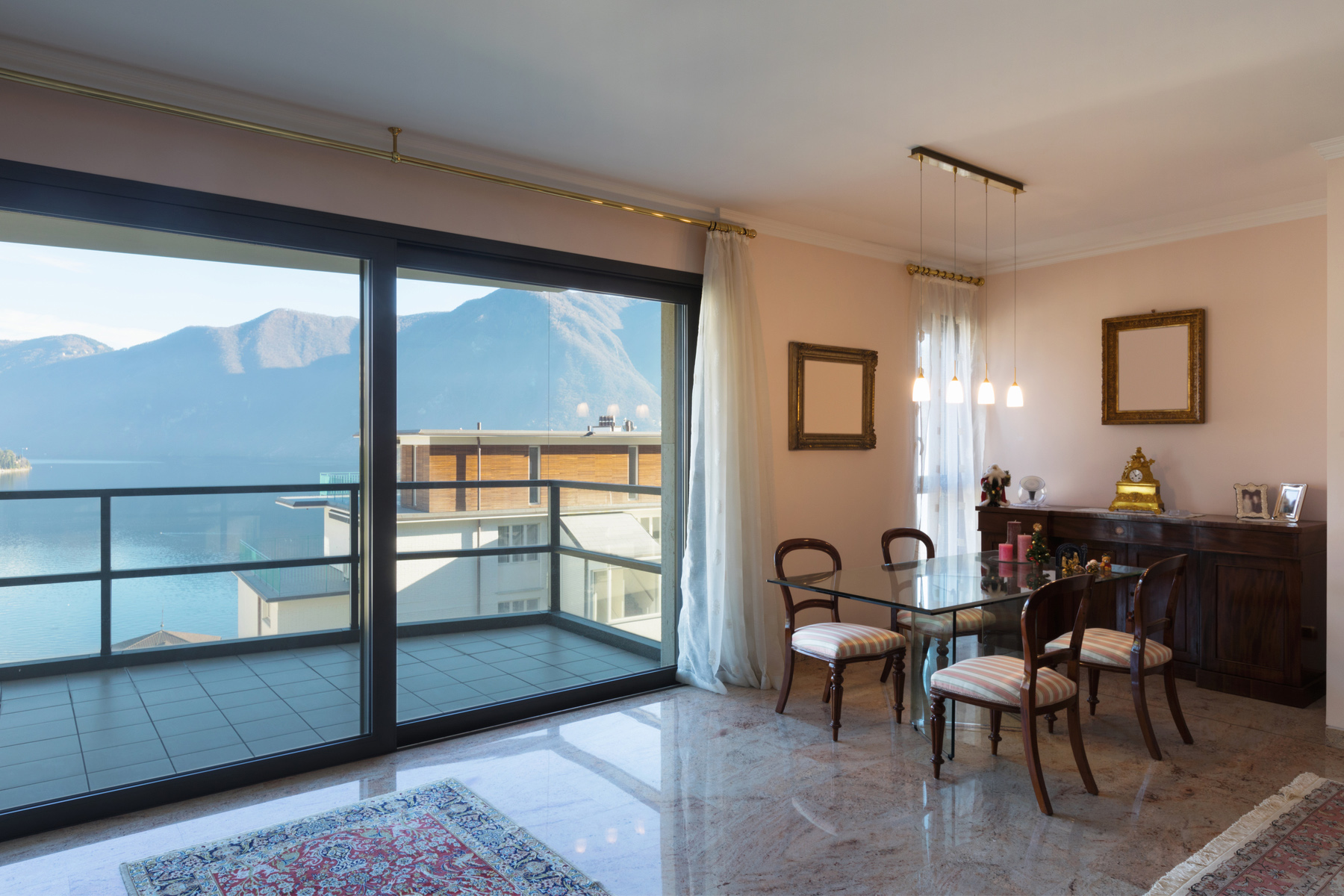
There are two methods of repayment, known as direct and indirect amortization. Direct amortization involves simply making regular monthly payments to the lender to reduce the mortgage. This not only decreases the debt but also reduces the interest owed on the mortgage.
Indirect amortization, on the other hand, involves investing in a third pillar account offered by your mortgage lender. For example, a pension fund or life insurance fund. These funds are then used to settle the mortgage debt at a later date when they can be withdrawn.
Indirect amortization means that you pay more interest as you are not reducing your mortgage debt in the early years. However, the benefit is that you lower your annual tax bill. Money paid into third pillar accounts is not included in taxable income in Switzerland. Additionally, as you can deduct mortgage interest charges from your Swiss tax bill, the higher interest charges will mean larger tax deductions.
Refinancing a Swiss mortgage
You may want to refinance your Swiss mortgage if you:
- Have a fixed-rate or LIBOR/SARON mortgage that is up for renewal
- Want to increase your mortgage with a loan to carry out home improvements or renovations
- Want to move to another mortgage model, for any reason
Most lenders will allow you to refinance your mortgage for the above reasons. If your mortgage is up for renewal, you can switch to another provider and transfer your existing mortgage debt across. This often makes sense if you find a better deal elsewhere. However, bear in mind any additional administrative or transfer fees.
Useful resources
- Swiss government website – information on homeownership
- Hausinfo – information on mortgages (in German)
- Moneyland – section on mortgages on the website
